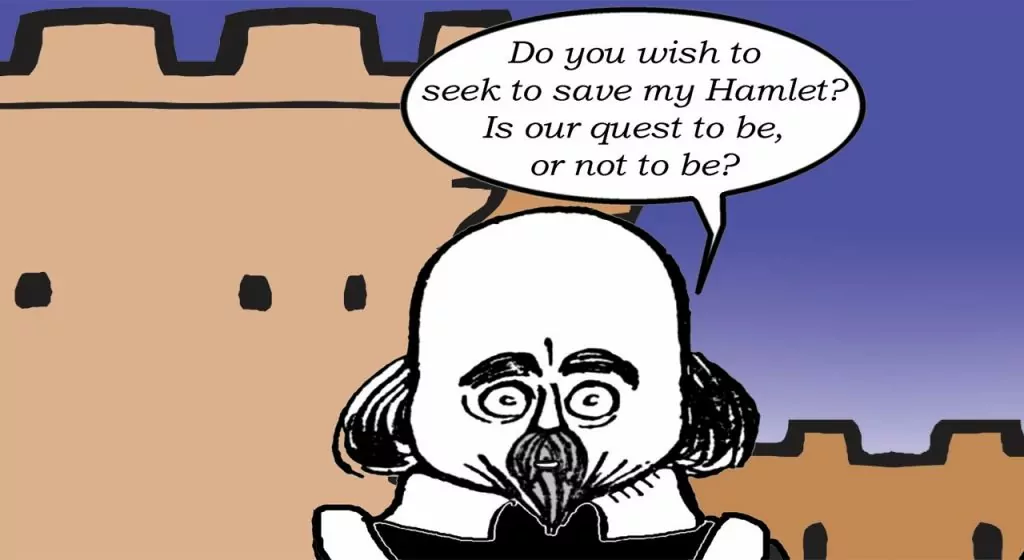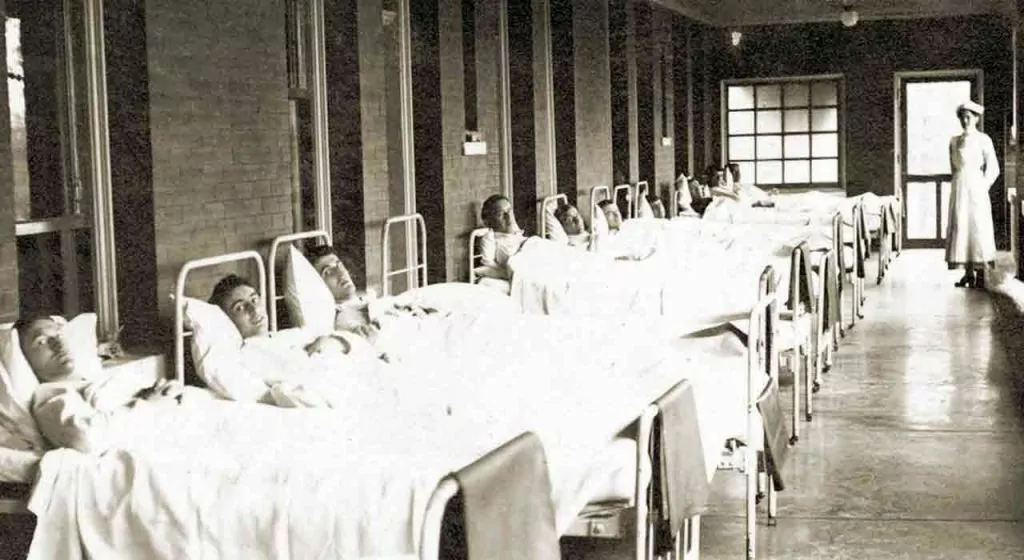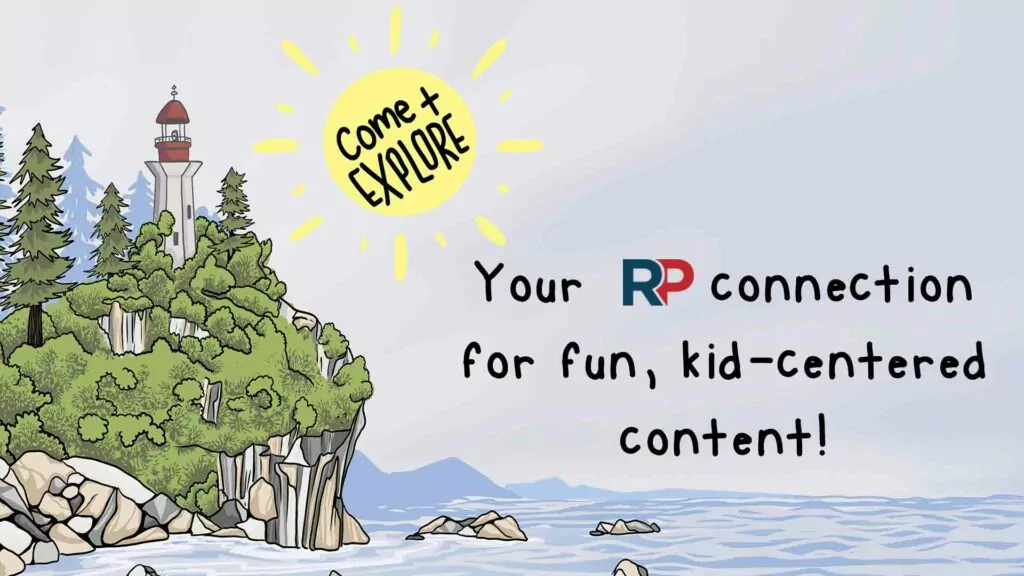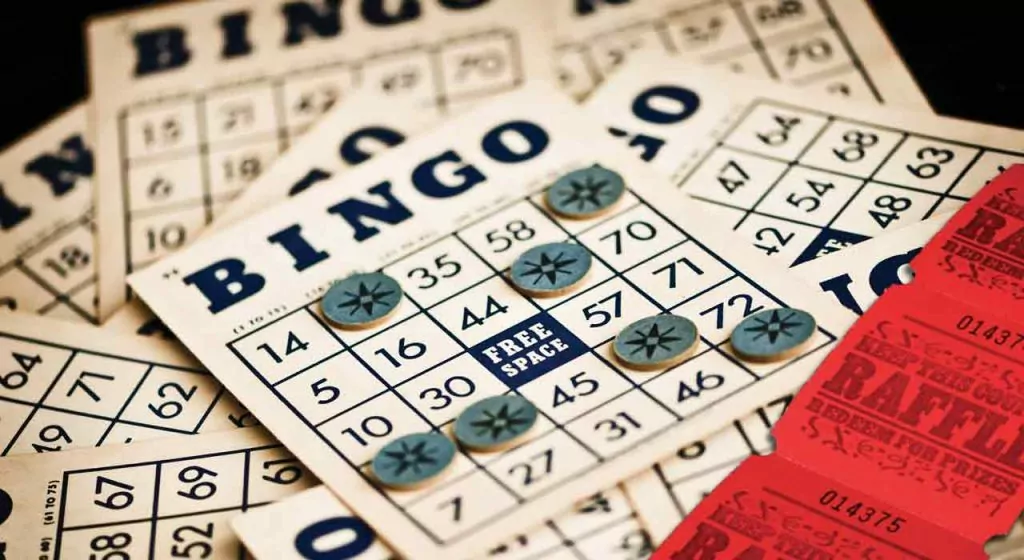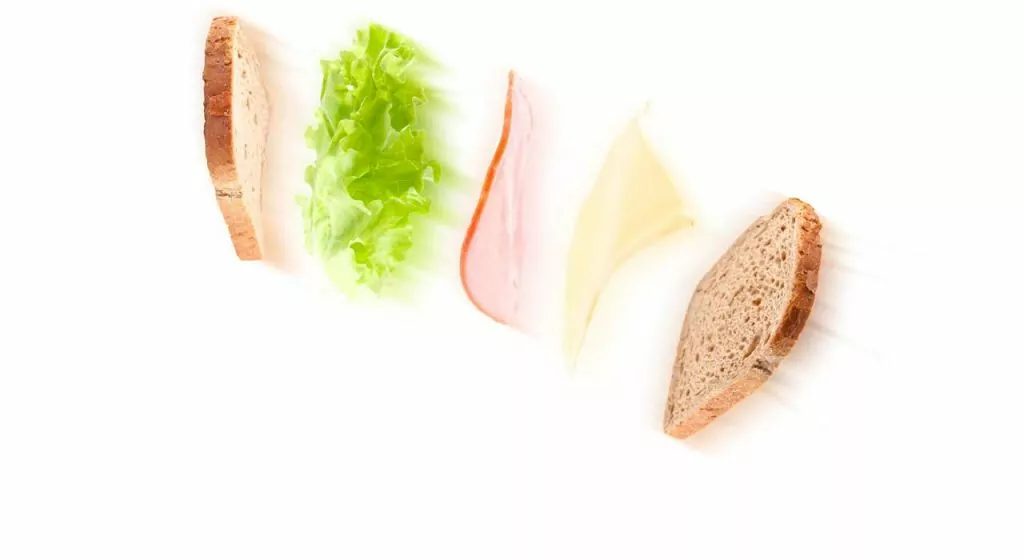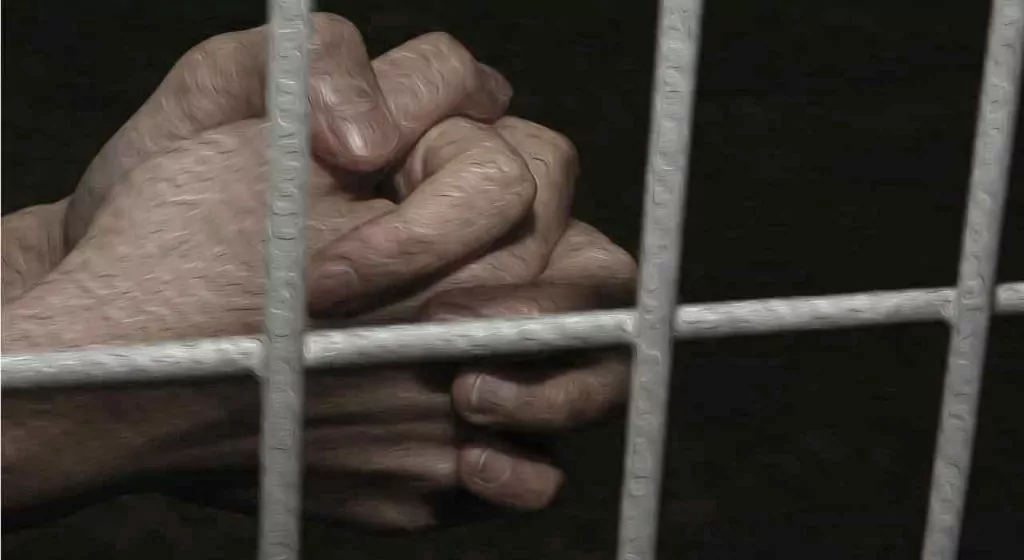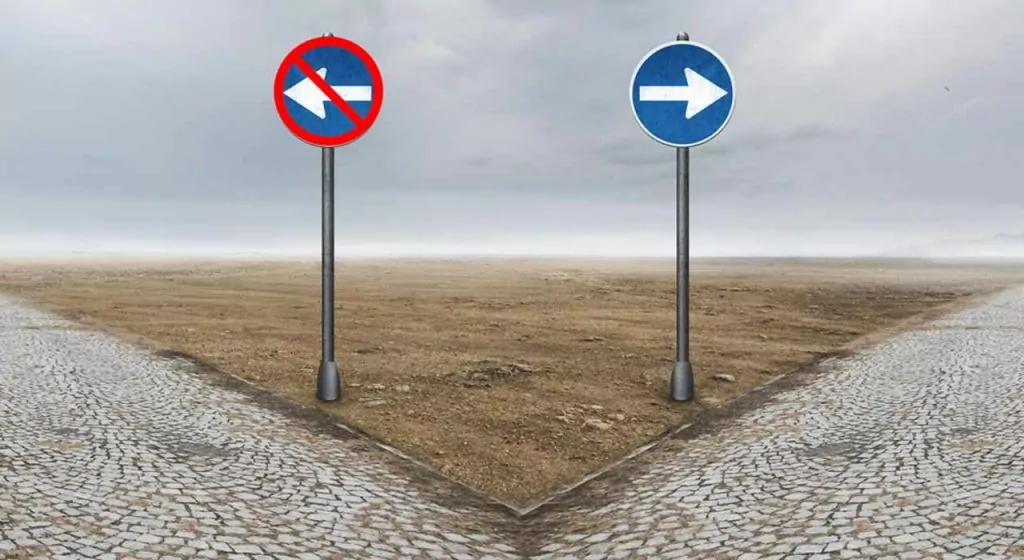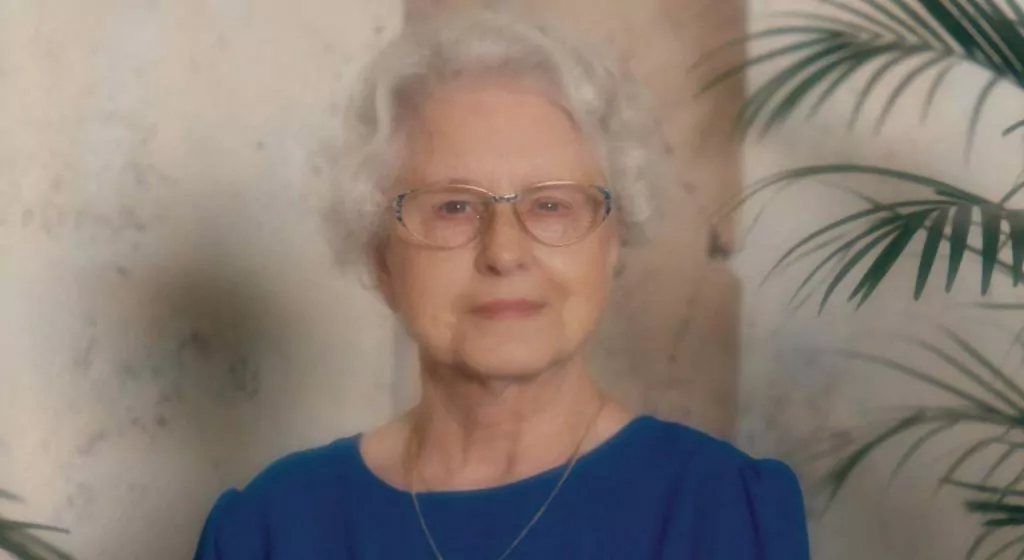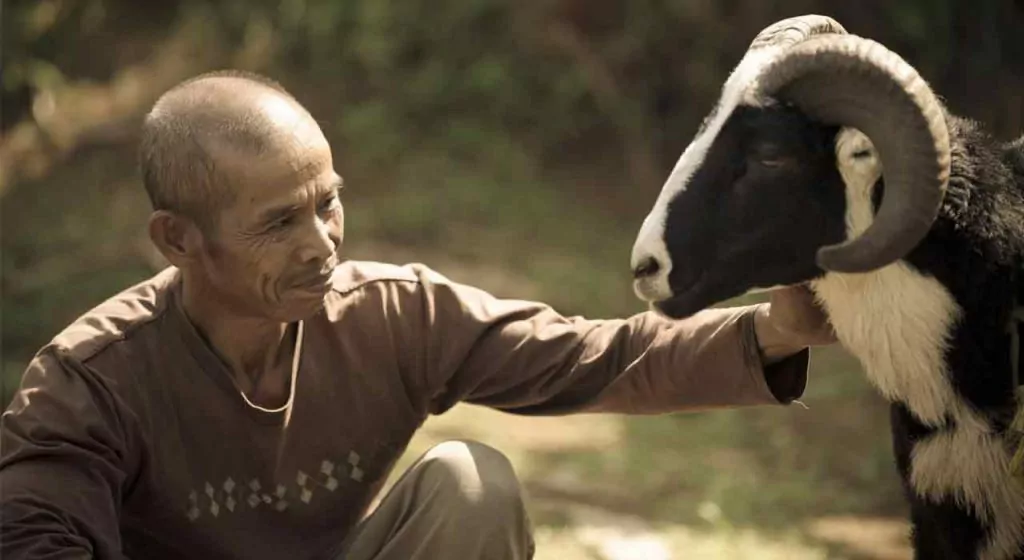On a wife deciding to leave her husband
Dear Janelle,
I received your letter yesterday, and had already heard from your brother and sister-in-law. They confirmed for me the very difficult and challenging situation you are in with your husband, and they said that they had encouraged you to write to me with your question. I was glad to hear from you. From what you wrote, and filling in details from them, you really are in a terrible spot – and I hope this letter is a real help.
One of the things I like to do, if you don’t mind, is repeat back the presenting problem when I am asked about something like this. I do this to make sure that I have understood properly and, if I have, I want the person I am counseling to know that they were heard. This is often a problem that people in horrific situations have – they don’t feel like anybody could possibly be listening.
You know that you need to leave your husband, but you don’t want to find yourself leaving God behind also. You know that your husband is behaving like a domestic tyrant, and so leaving him seems straightforward. But you have certain questions about some passages of Scripture, because you want to leave, if you leave, as an act of obedience. And that’s what it needs to be – obedience. If you leave your husband, you want to do so in the will of God. You don’t want to settle for some level of tolerated disobedience, or some Protestant version of venial sin.
Two and three witnesses
That said, your problem is that your husband is well-respected in your Christian community. He is an elder in your church. You believe that if you just “up and leave,” everybody is going to demand an accounting from you, and not from him. You have good reason for thinking that everybody would sympathize with him, and not with you. He is well-connected and well-liked in your church. You are not, and nobody knows that this is because of the insane restrictions he has placed on you. Now you know your Bible well enough to know that if you were to bring charges against your husband, the threshold to convict him would be two and three witnesses (Deut. 19:15, Matt. 18:16, 1 Tim. 5:19), and you don’t have that. Your brother and sister-in-law would be willing to testify, because they have seen a small portion of all this, but you believe that they would simply be dismissed. They don’t live in your town, they are related to you by blood, the elders who would be hearing this testimony are your husband’s close friends, and so on. In short, the deck is really stacked against you.
But then, on the other side of the coin, you are not sure how much more of your husband’s heavy-handed hypocrisy you can take. Some days you feel like you are going to crater under his brow-beating, and other days you are simply exasperated by the two different faces he presents – to you on the one hand, and the world on the other. Sometimes you think you can go for two more days, tops, and other times you think you can manage it indefinitely. It all depends. He has never struck you, but there are times when you think he might. His fits of anger are unpredictable, and seem to you to be getting worse. You think that he is out of control, but if he answers the phone in the middle of one of his rages, he can turn off the anger like a switch. That indicates to you that there must be an element of deliberate malice in it. He is requiring more arbitrary and very difficult things of you, and you think it might be because he is trying to provoke you into doing something that is manifestly ungodly so that you will clearly be the one in the wrong, and will give him something to point to if the whole thing eventually blows up.
Have I got the problem right? You know what his problem is, and it is an intolerable one, but you are not in a position to prove an accusation against him. Because you are dedicated to the authority of the Word, the fact that you can’t meet the standards for public charges (that justice requires) troubles you. Does that mean that you are not allowed to leave until you can prove it?
The testimony of just one
So this issue revolves around what justice requires in bringing a formal charge against someone, as distinct from what justice requires when a victim is simply getting out of range. But think about this for a minute. If you were attacked by a mugger or a rapist, you wouldn’t be thinking about the trial, and whether you had two or three witnesses available. You would just be thinking about getting away.
Let me take an illustration from a law in the Old Testament concerning runaway slaves.
“You shall not give up to his master a slave who has escaped from his master to you” (Deut. 23:15).
While the circumstances are obviously not identical, they are comparable – close enough to provide us with an a fortiori argument. If this principle applies to slaves, and it does, then how much more would it apply to a Christian wife? So here it is.
Suppose for a moment you lived in ancient Israel, in a time when slavery was practiced. A runaway slave shows up on your doorstep, and he tells you a horror story about what caused him to run away. The law here is straightforward. You may not return such an escaped slave to his master. Suppose a couple days later the master shows up and demands that his slave be returned to him. He says that the charges and accusations made by the slave are entirely false. The master denies them all, but even if he does this, the law nevertheless requires that the slave not be returned. This is the case even if it is just one person’s word against another. The escaped slave does not need to show up on your doorstep with two or three witnesses in tow.
And this is where things get “curiouser,” as we might read in Alice, and this is where I want to derive a principle that we should apply to your situation. Suppose the slave wanted to press charges against his master, and let us suppose further that all the abuses he alleges against his master were in fact against the law, even against slaves, and were very serious – felonies, in fact. The slave still does not have two or three witnesses, and so this means that he cannot bring a charge against his (former) master.
The master cannot be charged with crimes apart from independent corroboration, but it is nevertheless possible for the master to have a pay some kind of penalty for his behavior—that penalty being the loss of the slave.
Now let’s translate. Your brother told me that they have already told you that you are welcome to come and stay with them. You have a safe place to go. Your kids are both away at college, and so you don’t have to worry about leaving anyone behind. You show up on your brother’s doorstep, and you say that your husband’s behavior has been ungodly and intolerable. According to this principle found in Scripture, they have every right to take you in, even though they have not heard your husband’s side of it. Let me say that again—there is a lower bar for a reception of a refugee than for charges to be filed against someone.
This is not because we suddenly don’t care about Proverbs 18:17, about which we’ll have more in a minute.
One of the first things that will happen – given what I know about your church’s practices in these things – is that one of the elders will contact you and say that you need to return. If you feel you need to bring charges against your husband, he will say, they will schedule a meeting for you to do so, and so on.
At this point you should say that Scripture prohibits entertaining a charge against an elder if you don’t have two or three witnesses (1 Tim 5:19), and in fact you don’t have two or three witnesses. You are the only real witness. If you were to come back to charge him, it would simply be your word against his, and you know that they would be scripturally bound not to convict him, not to excommunicate him. You would support them in not convicting him. Because of your commitment to justice and due process, you have no intention of bringing a charge against anyone that cannot be independently verified.
You also have no intention of putting up with it any further.
Now if your departure shakes him up, and your husband acknowledges his fault, acknowledges what he has been doing, then your position has been independently verified, and it might be worthwhile returning in pursuit of some kind of marriage counseling and reconciliation. But if he does not humble himself, and simply denies everything, and you know that he is denying what you know to be undeniable, you are in no way required to return.
But let me include something else here that really needs to be emphasized. Because I am saying that a wife in your position can simply “go,” then it follows that all any woman needs to do is just say she is in your position (whether she is or not), and there she has her automatic “get out jail free card.” What is to prevent a woman from applying this principle in a way that grotesquely wrongs an innocent husband?
This is a fallen world, which means we must take risks. This is one of them. The biblical approach is that it is always to be preferred to allow a guilty person to go free, a guilty person to “get away with it,” than to ever penalize an innocent person. This is what necessarily happens whenever you insist upon two and three witnesses. What happens when just one person sees a person do some awful thing? You have to let it go; it is not actionable. You cannot convict anyone for anything on the basis of just one person’s say-so. It is the same kind of principle here. It is far better to let one lying wife go free without penalty than to keep an innocent wife in the penalty of living in a terrible situation. In the worst-case scenario, an innocent man loses a wife, but keep in mind it was a lying wife.
When one person knows
But let’s take that one-person-as-witness situation one step further. I am going to make up a very unlikely scenario simply in order to highlight the principle. Suppose I get called out in the middle of the night – as sometimes happens to pastors – in order to fetch somebody out of a place he ought not to be. I do so, and am escorting a straying sheep out of some nightclub and back to the parking lot. It is 2 am, and the nightclub is attached to a hotel. As I am helping him down the hallway, a room door opens and I see another one of my parishioners standing there behind a woman who is very much not his wife. He reaches over and slams the door. I know that I did not mistake him for somebody else. I go to confront him the next day, and he denies everything. In the interim he has lined up some other people to lie on his behalf. He was someplace else. His word against mine, and yet I know he is an adulterer. Would I have a problem serving him communion the next Sunday? No, I would not. He should have a problem with it, but I do not. I have no authority as a pastor to act publicly on the basis of individual knowledge that I cannot independently verify.
But there is more to the story. While I cannot excommunicate anyone on the basis of one witness, even if that witness is me, there are any number of other things I can do. I have the authority to arrange my personal relationships on the basis of personal knowledge. I can refuse to go fishing with him. I can leave his employment. I can decline to go into a business deal with him. I can configure my own decisions on the basis of what I know. Someone might guess that there is something disrupting my fellowship with this man, but not because I am making a public charge. The person who guesses is drawing an inference from personal decisions.
Application and misapplication
This is what your elders will do if you leave. They will say that even if you are not making a formal charge of “abusive tyrant” against him, people will infer that you are alleging something very serious against him, and this is why they say you must come back and make your allegations in some public way. And they will say that if you can’t prove your allegations, such that he is excommunicated, then you have a responsibility to remain with him. But this doesn’t follow.
It is possible that they will move to discipline you for leaving him without adequate biblical grounds. This is why I think they would be unjustified in doing so.
“To the married I give this charge (not I, but the Lord): the wife should not separate from her husband (but if she does, she should remain unmarried or else be reconciled to her husband), and the husband should not divorce his wife.” – 1 Cor. 7:10-11
If you could prove that your husband were unfaithful (Matt. 19:9), or that he was utterly unwilling to have you as a Christian wife (1 Cor. 7:15), then the scriptural permission to divorce carries with it the permission to remarry. The innocent party is not bound in such circumstances. A brother or a sister is not under bondage in such cases. But if you cannot prove either infidelity or a rejection tantamount to divorce, then your circumstances vary accordingly. If he were proven to be guilty of either of these sins, and either unrepented sin would result in him being excommunicated, and declared not a believer, then that would leave you free. But if you cannot prove this against him, then the full extent of the action you can take is that of simply leaving. But, with that said, you can leave with your head held high.
Your only options at such a point are to remain unmarried or to be reconciled to your husband. It is interesting here that Paul advises a woman not to leave if she can help it – “the wife should not separate from her husband.” That is his apostolic counsel, but it is clear from the context that it is merely advice. If she sees that his generally good advice is not pertinent to her situation, she is left free to leave without being hassled about it by the apostle. So if he would leave you alone in this decision, then so should the elders of your church.
It is also interesting that Paul does not here get into the grounds for the separation. If there are not grounds for a divorce that allows for a subsequent remarriage, the church doesn’t adjudicate it. If the parties are willing, the church must provide pastoral counsel, but if there is simply a separation over intractable differences, Paul just allows for the separation, even though it may be one that has gone against his counsel – he did in fact urge the wife not to separate from her husband. Note also that it is the wife he is exhorting in this passage, meaning that in the larger scheme of things, he is assuming that wives could have plausible reasons for thinking they had to go. Husbands can be brutal, as the apostle knew.
At the same time, I have known situations where the wife thought her husband was her central problem in her walk with God, but then after she left, her walk with God really fell apart. It turns out in that the husband wasn’t the big problem after all. You should also know that there is a cottage industry of busybody counselors, bitter women, who will want to swoop in order to enlist your grievances into their causes, whatever they are. Beware of them. Steer clear of them. One of your biggest challenges will be that of staying free from resentment and bitterness, and not only is their counsel usually bad, their resentments are contagious. That is the last thing you need.
Running it by objective eyes
One last thing. The Westminster Confession, in its teaching on divorce, says something profound and wise that I believe applies to your situation. They say that the corruption of man is such that we are liable to “study arguments” that would justify ungodly divorce, and they then go on to repeat the two standard justifications for a divorce – those being adultery and willful desertion. The word used in Corinthians for an unbelieving husband being willing to remain with his wife, or an unbelieving wife being willing to remain with her husband is suneudokeo – “pleased to be together with.” The semantic range of that word does not include your reports of what your husband does – constant anger, outbursts of wrath, sexually degrading behavior, ongoing manipulation and gaslighting, treating you like a slave, total control of all things physical and financial, and so on. You have no biblical obligation to put up with things like that.
In a situation like yours, they say “the persons concerned in it not left to their own wills, and discretion, in their own case” (WCF 24.6). I believe you are in a position to leave – you have run it by others who are outside the circumstance, and who have an objective set of eyes. You have done this with both your brother and with me. Having done so, you should make a plan, and then pack your bags and go. The plan should include a list of your husband’s ongoing offenses against you, a list that should be shared with your counselor/s, and with the elders of your church when they contact you. Because you can’t prove them, you should share them with no one else, and above all you should not publish them online in any way.
And so, given what you have described, my counsel would be for you to go. If you are concerned for your husband’s salvation – as you should be – you are far more likely to be used as an instrument to bring him to repentance as you pursue obedience to God this way. For the rest, leave the consequences to God. “For what knowest thou, O wife, whether thou shalt save thy husband” (1 Cor. 7:16).
We will be praying for you, and God bless.
Cordially in Christ,
Douglas Wilson
This a fictionalized account, which first appeared on Pastor Wilson’s blog dougwils.com and is reprinted here with permission. It addresses some of the issues raised by readers after the article "Justin Trudeau, and what the need for two witnesses would have us do" appeared earlier this month....
















